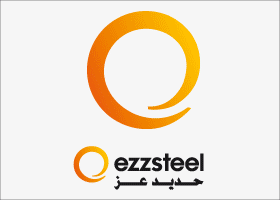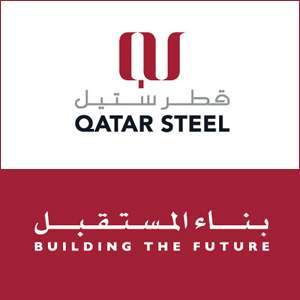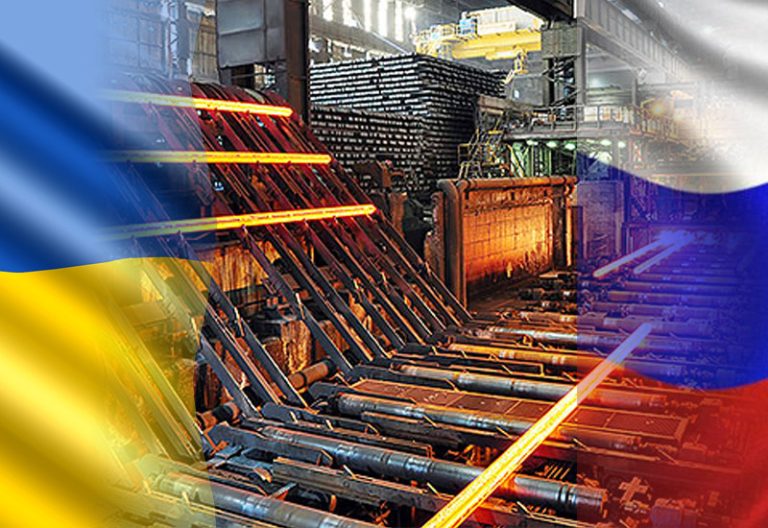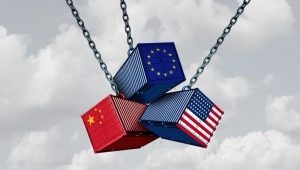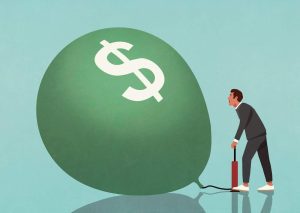As soon as the world breathed a sigh of relief, opened the atmosphere, lifted the ban, and lifted the preventive measures, or even eased them, everyone woke up to the cannon strikes of the Russian-Ukrainian war, which – undoubtedly – doubled the inflationary pressures arising from the disruption of supply and supply chains, given the sanctions imposed by most countries on Russia, according to the International Monetary Fund report.
Within a few days, the world found itself facing a new reality, “the war of Russia and Ukraine”, which exacerbated problems in global supply chains, especially in the areas of food (wheat), petroleum (oil and gas) and strategy (iron and steel).
The iron and steel industry was affected by these events, as Russia produces about 76 million tonnes of crude steel and Ukraine produces about 21.4 million tonnes, both reaching 97.4 million tonnes. This figure stands in third place after China with 1,032.8 million tonnes and India with 118.1 million tonnes, which has introduced the global iron and steel industry into a foggy tunnel and the uncertainty of controlling the consequences of this war in light of Russia’s economic blockade with the imposition of broad economic sanctions and the total shutdown of the Ukrainian steel factories.
We find that the prices of raw materials in the iron industry jumped after a month and a half from the start of the war “February 24” for example, iron ore leapt from $137 to $160, the coke jumped from $440 to $650 and iron scrap from $507 to $650.
These are special record figures for the prices of raw materials (coke and scrap), which led to a significant increase in the prices of billet, from $705 to nearly $900, and the prices of reinforcing steel from $750 to about $960.
Oil prices have also risen since the beginning of Russia’s war (the second largest exporter of crude in the world) against Ukraine. Brent crude recorded $139 a barrel in the past few days, whereas before the war, it stood at $96 a barrel. The war also led to confusion and fear of a shortage of gas and oil in global markets, especially after the recent decision by Russia to supply in local currency (Rouble).
As for the impact of this war on Arab countries, it may differ from one country to another, according to the data that resulted from the war at the global level and various economic indicators.
As we find that the Arab oil-exporting countries, whose export share worldwide is 24%, have benefited, even temporarily, from the rise in oil prices to approximately $139 per barrel, with good financial returns. This is a favourable opportunity to support and complete development projects in those countries with high demand on iron products, which is directly proportional to the implementation of development projects and infrastructure.
At the level of non-oil Arab countries, the situation will be difficult in the next stage because of their dependence on importing a large part of their needs, whether raw materials or petroleum materials, and this will bear the burdens of inflation in the next stage, especially the countries that depend on Russia and Ukraine in importing foodstuffs, petroleum and strategic ( iron and steel), which makes us fear economic and social turmoil as a result of high prices.
With the continuation or cessation of the war, relations between Russia, on the one hand, and the United States and the European Union, on the other hand, will remain tense and will not return as it was before “February 24”. Sanctions are not expected to be lifted immediately on Russia and Belarus, nor will the immediate resumption of the supply operations of gas, oil and iron be.
If industries, in general, need time to recover, the iron and steel industry needs a longer time to recover from the effects of the war.
Kamel Djoudi
Secretary General




